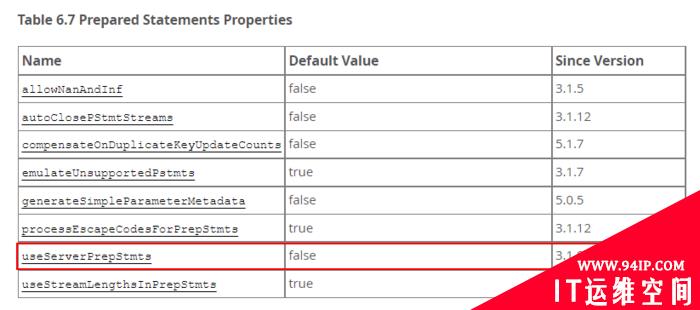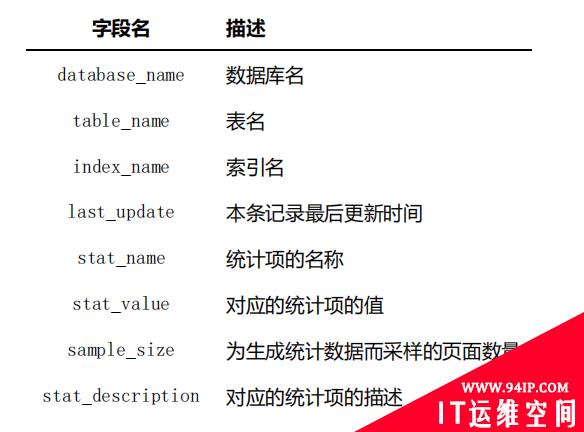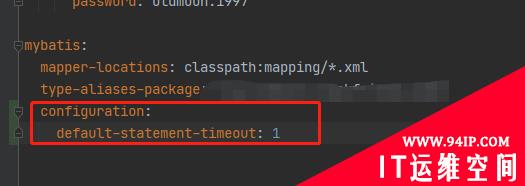Linux find 命令用来在指定目录下查找文件,任何位于参数之前的字符串都将被视为欲查找的目录名。如果使用该命令时,不设置任何参数,则 find 命令将在当前目录下查找子目录与文件,并且将查找到的子目录和文件全部进行显示,是系统管理者和普通用户必须掌握的命令。
语法格式:find [参数] [路径] [查找和搜索范围]
常用参数:
| -name | 按名称查找 |
| -size | 按大小查找 |
| -user | 按属性查找 |
| -type | 按类型查找 |
| -iname | 忽略大小写 |
d: 目录
c: 字型装置文件
b: 区块装置文件
p: 具名贮列
f: 一般文件
l: 符号连结
s: socket
参考实例
使用-name参数查看/etc目录下面所有的.conf结尾的配置文件:
[root@bunian ~]# find /etc -name "*.conf"使用-size参数查看/etc目录下面大于1M的文件:
[root@bunian ~]# find /etc -size +1M查找当前用户主目录下的所有文件:
[root@bunian ~]# find $HOME -print列出当前目录及子目录下所有文件和文件夹:
[root@bunian ~]# find .在/home目录下查找以.txt结尾的文件名:
[root@bunian ~]# find /home -name "*.txt"在/var/log目录下忽略大小写查找以.log结尾的文件名:
[root@bunian ~]# find /var/log -iname "*.log"搜索超过七天内被访问过的所有文件:
[root@bunian ~]# find . -type f -atime +7搜索访问时间超过20分钟的所有文件:
[root@bunian ~]# find . -type f -amin +20找出/home下不是以.txt结尾的文件:
[root@bunian ~]# find /home ! -name "*.txt"将当前目录及其子目录中的所有文件列出:
[root@bunian ~]# find . -type f将当前目录及其子目录下所有最近 20 天内更新过的文件列出:
[root@bunian ~]# find . -ctime -20查找 /var/log 目录中更改时间在 7 日以前的普通文件,并在删除之前询问它们:
[root@bunian ~]# find /var/log -type f -mtime +7 -ok rm {} \;查找当前目录中文件属主具有读、写权限,并且文件所属组的用户和其他用户具有读权限的文件:
[root@bunian ~]# find . -type f -perm 644 -exec ls -l {} \;查找系统中所有文件长度为 0 的普通文件,并列出它们的完整路径:
[root@bunian ~]# find / -type f -size 0 -exec ls -l {} \;
转载请注明:IT运维空间 » linux » Linux find命令:根据路径和条件搜索指定文件


















发表评论